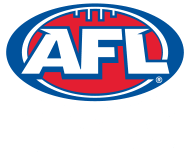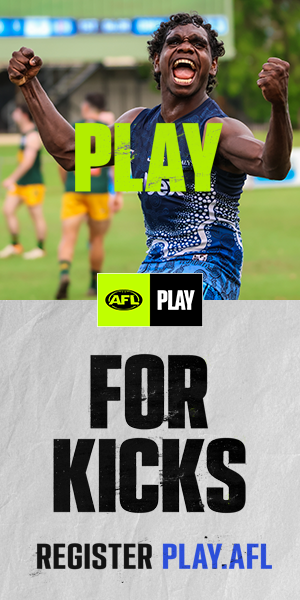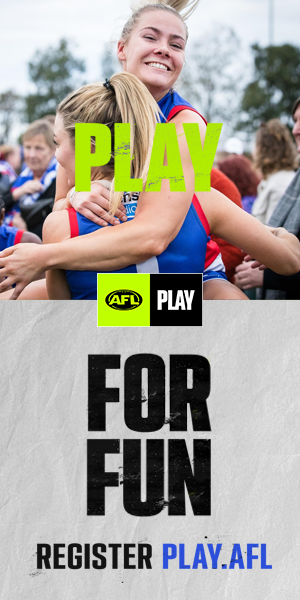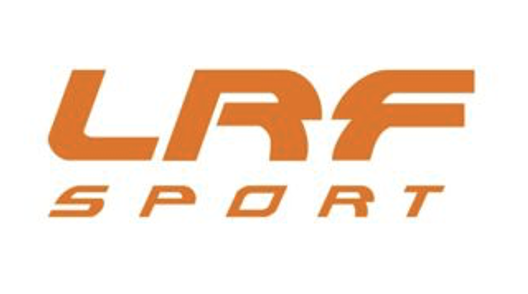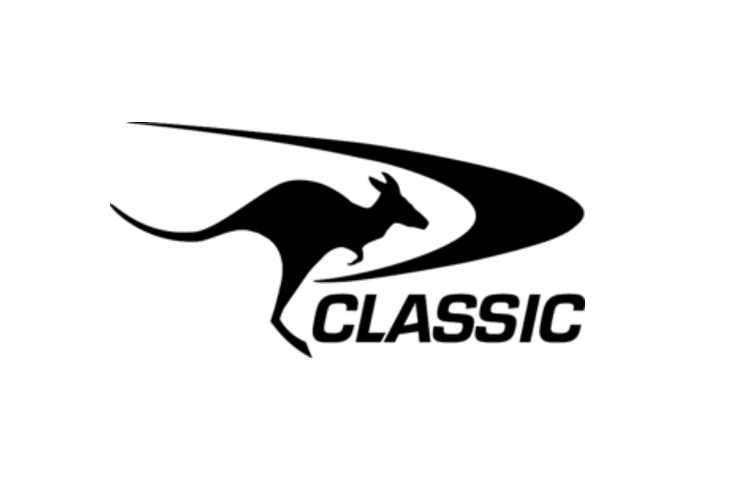Howard Kennedy was a key figure in the growth of Australian football across North Queensland as a player, coach, and administrator for more than 60 years.
He began a lifetime love affair with the game in the 1920s at a tiny school at Miller’s Tank, near Manangatang in north-west Victoria, where he was taught by Ivan McAlpine, a 179-game Footscray and Hawthorn player through the 1920s-30s and senior coach at Hawthorn from 1935-38, and Ossie Green, a 32-game Melbourne player from the same era.
After playing at Box Hill High School in Melbourne he graduated to senior ranks before his family moved to Queensland, camping briefly outside Cairns and then settling in Ingham, where he had a brief flirtation with rugby league before the Second World War. He joined the RAAF and while serving at Amberley in Brisbane, organised Australian rules games against servicemen from Archerfield. By chance, he attended a game at Perry Park, where he was introduced to the great Harry O’Callaghan, and soon he was playing at Coorparoo alongside great friends Vic and Fred Giffin at a time when Coorparoo played in Richmond colours.
From Amberley, he was posted to Deniliquin in the Riverina, where he played in their 1942 premiership team, then to Breddan, near Charters Towers, where, in a game against Townsville in Garbutt, he played on AFL Hall of Famer Les Foote, a 167-game player at North Melbourne and St.Kilda, and a Victorian representative.
Later it was on to the RAAF number one Reserve Personnel Pool, stationed at the MCG, and then to Sale in Gippsland, where he played in an undefeated premiership side with ex-Collingwood player Dick Wearmouth, whose son Ronnie later played at the Pies before coaching in Queensland. He played in a Sale representative side against Geelong and the likes of Len Toyne, Lindsay White and Jack Grant. As the war came to an end, he played in service teams in Malaysia, Borneo and Japan. An international pioneer.
Returning to Australia post-war, he spent time back in Melbourne and then in Taree on the mid-north coast of NSW before heading to Babinda in North Queensland. He became a sugar cane farmer, but after a cyclone wiped out his entire crop in 1956, he by chance travelled to Cairns to watch Norths v Souths in the fledgling local competition. Nearly 40, he was a footballer again and much more.
After time in Innisfail, he returned north in 1958 to form the Babinda Magpies, where he was secretary and later League delegate through their entire existence from 1958-86. He represented Cairns in the early contests against Townsville and played in Papua New Guinea in 1961. His last representative game was at 52 in 1969 in Mt Isa at the only North Australia carnival, but he kept playing in some fashion until the staggering age of 65.
A driving force behind the early success of Babinda, he was the spiritual leader of the club, and soon found himself playing in the seniors with young players he’d coached. Not content to be secretary, coach, and delegate to the CAFL, NQAFA and NQJAFA, he would often drive to Cairns up to four times a week during representative season to help youngsters follow their football dream.
In perhaps his most significant legacy, in 1975 he formed the North Queensland Junior Football Association as an off shoot of the NQAFA. He was president for most of its existence before it was absorbed in a revised statewide structure. He was the only person awarded Life Membership of the NQ Junior League and was instrumental in the re-establishment of inter-city junior carnivals in Cairns, Townsville and Mackay which had fallen away. Such was his influence that for a long time the Best and Fairest Medal at the Queensland Under-15 carnival carried his name.
With son Howard Jnr carrying on the family tradition, the pathway expanded to include Under 13s and Under 12 primary school teams, and over the years, exposed the likes of Robert and Rodney Cockatoo, Peter Ware, Neville Jose, Brad Bolton, Troy Clarke, Tim Perkins, Ray Windsor, Che Cockatoo-Collins, Jerry Frank and Ben Ryan to state and interstate talent scouts.
Husband to Ailsa and father to Daphne, who died in infancy, Nancy, Howard Jnr, Joan, Betty and Bob, he was a Life Member of the Babinda FC, Cairns JAFL and NQJAFL, plus AFL Cairns and the QJAFL. He was awarded the NFL Merit Award in 1969 and is remembered annually when the player judged best afield in the AFL Cairns Grand Final is awarded the Howard Kennedy Medal. Having dealt with such football luminaries as Allen Aylett and Bruce Andrews at a national level, and decades of senior officials at AFLQ, he was admired and respected by all until his death in 2011 aged 93.
In a tribute, AFL Cairns quoted Babinda local Daryl Richardson: “He was like a second father to many kids growing up in Babinda through the 1960s, ‘70s and ‘80s. His influence on the youth of Babinda was immeasurable and probably saved more than one wayward soul from a very different life”.
Locals at the club would often recount his in-season routine. Training at the Showgrounds for seniors and juniors during the week before running the Goose Club at the pub on a Friday night. Early on the weekend he’d be rousing kids in time to get them on the bus for the trip to play junior footy in Cairns, stopping along the way to pick up more excited kids through Deeral, Aloomba and Gordonvale. By afternoon he was coaching the seniors and then he’d do it all again.
